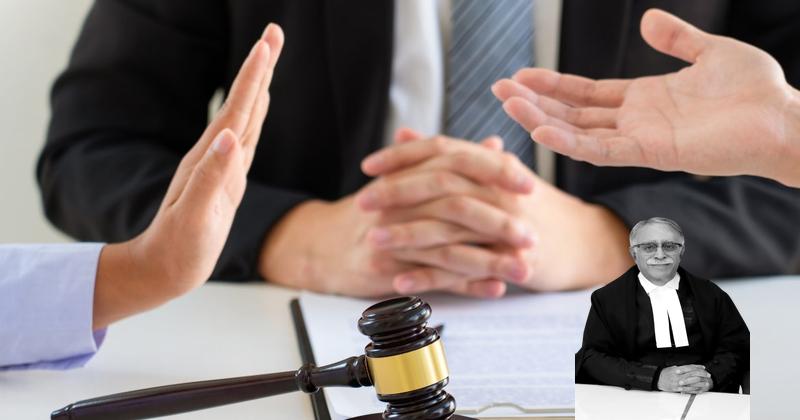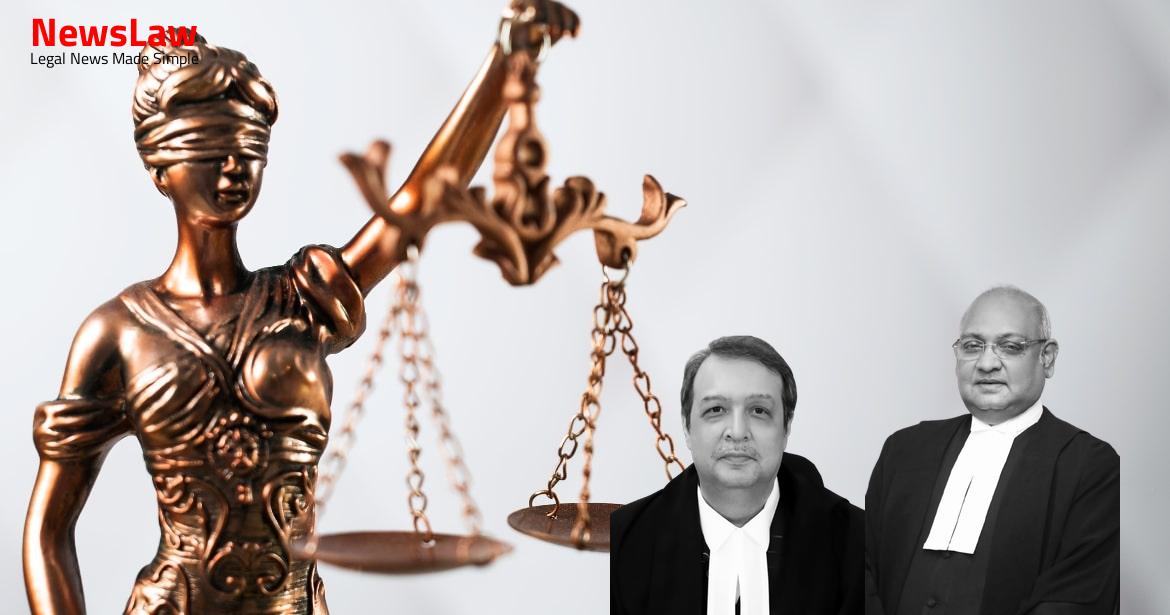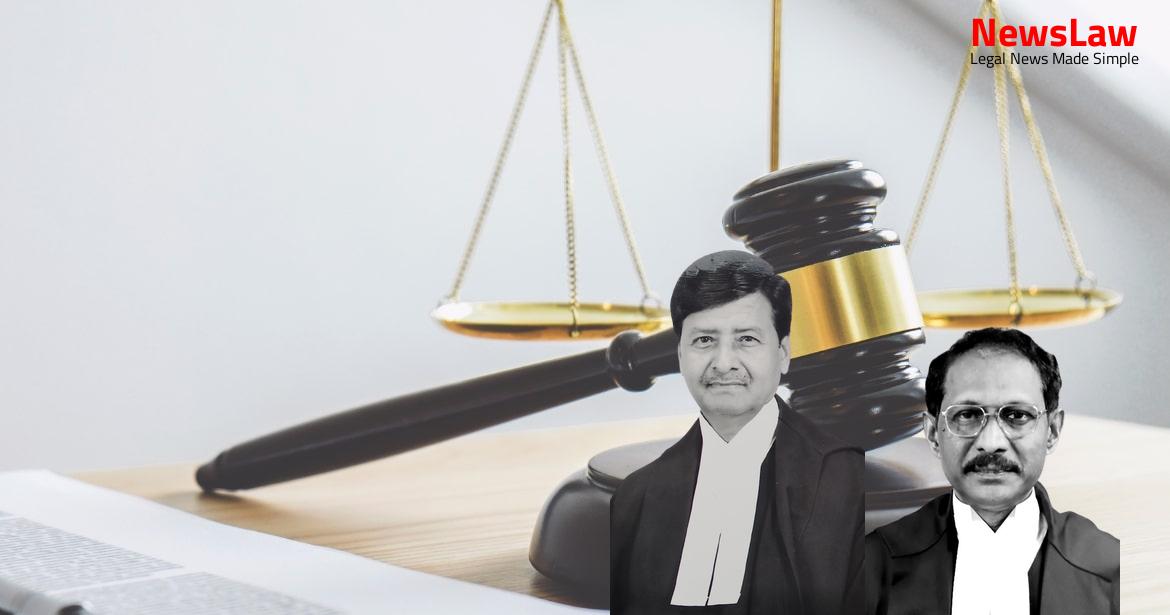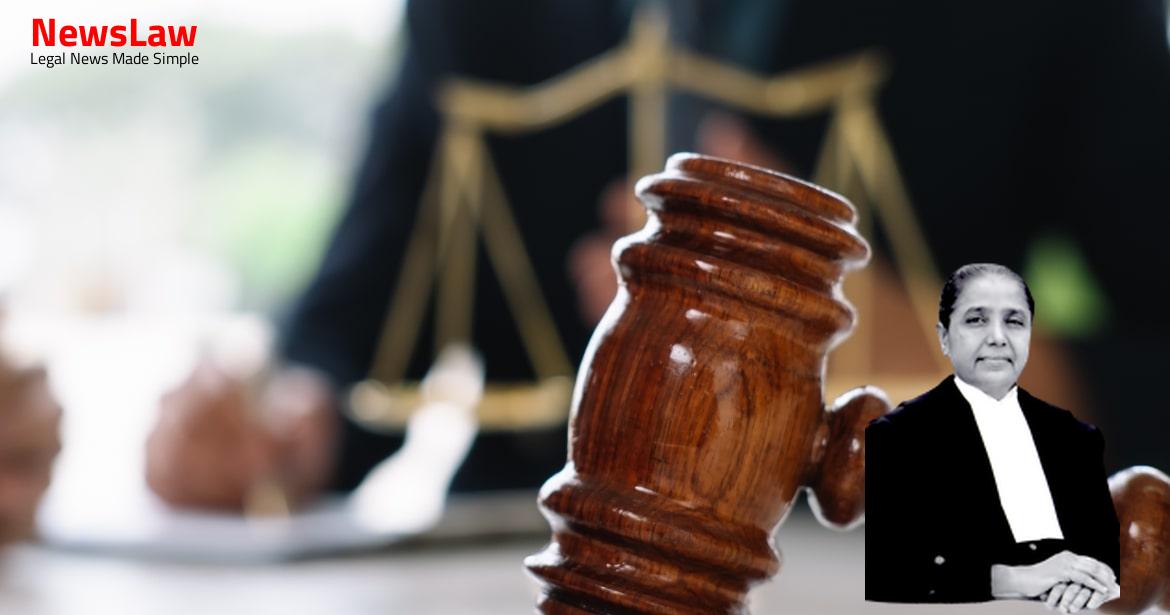The present appeal stands filed against the judgement rendered by the High Court of Calcutta, (Circuit Bench at Jalpaiguri) in MAT No 67 of 2022, by which it upheld various orders passed by learned single Judge dated 5, 11, 12 and 14 July, 2022 in contempt proceedings bearing number WPCRC9 of 2022, whereby vide the order dated 11 July,2022 the Petitioner/Appellant’s licence to practice medicine, was suspended.
On the next date of hearing, that is 19 December 2017 it was directed that the representation that stood already filed before the Municipal Corporation dated 2 August 2007, was to be considered and a reasoned order was to be passed thereon. Subsequently, vide a fresh order dated 25 June 2019 the Board of Councillors of SMC while observing the construction to be unauthorised, ordered its demolition. The grant, regulation and suspension of the licence to practice medicine is governed by the National Medical Commission Act, 2019.
A perusal of the provisions of this Act as well as the now repealed, Medical Council Act, 1956 shows that the power to punish a registered medical practitioner for “misconduct” rest exclusively with the body envisaged under this Act. Punishment for contempt of court.- (1) Save as otherwise expressly provided in this Act or in any other law, a contempt of court may be punished with simple imprisonment for a term which may extend to six months, or with fine which may extend to two thousand rupees, or with both: Provided that the accused may be discharged or the punishment awarded may be remitted or on apology being made to the satisfaction of the court.
Emperor the Council had observed-
“… this summary power of punishing for contempt of court should be used sparingly and only in serious cases. Almon, 1765 Wilmot’s Notes 243 : 97 ER 94 explained the philosophy behind the power to punish for contempt of court. 376 (1947)]] but to inspire confidence in the sanctity and efficacy of the judiciary [ “…
Also Read: https://newslaw.in/supreme-court/extension-of-benefit-of-doubt-in-criminal-convictions/
The object of the discipline enforced by the Court in case of contempt of court is not to vindicate the dignity of the court or the person of the Judge, but to prevent undue interference with the administration of justice.” [Bowen, L.J.
A vague and wandering jurisdiction with uncertain frontiers, a sensitive and suspect power to punish vested in the prosecutor, a law which makes it a crime to publish regardless of truth and public good and permits a process of brevi manu conviction, may unwittingly trench upon civil liberties and so the special jurisdiction and jurisprudence bearing on contempt power must be delineated with deliberation and operated with serious circumspection by the higher judicial echelons.
The scheme and the provisions of the Act indicate that the constitution of State Bar Councils and Bar Council of India is for one of the principal purposes to see that the standards of professional conduct and etiquette laid down by the Bar Council of India are observed and preserved.
One of the principal functions of the Bar Council in regard to standards of professional conduct and etiquette of advocates is to receive complaints against advocates and if the Bar Council has reason to believe that any advocate has been guilty of professional or other misconduct it shall refer the case for disposal to its Disciplinary Committee. when such a professional is found guilty of committing contempt of court, for any specified period, is not a recognized or accepted punishment which a court of record either under the common law or under the statutory law can impose on a contemner in addition to any of the other recognized punishments.” (emphasis supplied) 19.
Also Read: https://newslaw.in/supreme-court/vicarious-liability-under-section-34-of-ipc/
The former is regulated by the Contempt of Court Act, 1971 and the latter is under the jurisdiction of the National Medical Commission Act, 2019. The appellant has submitted before the High Court that the requisite demolition has been carried out with the exception of approximately 250 mm in the rear portion of the concerned building as, removal of the same would have rendered the building, legally constructed, to be unsafe. GAVAI)………………………J.
Case Title: GOSTHO BEHARI DAS Vs. DIPAK KUMAR SANYAL (2023 INSC 653)
Case Number: C.A. No.-004725-004725 / 2023



